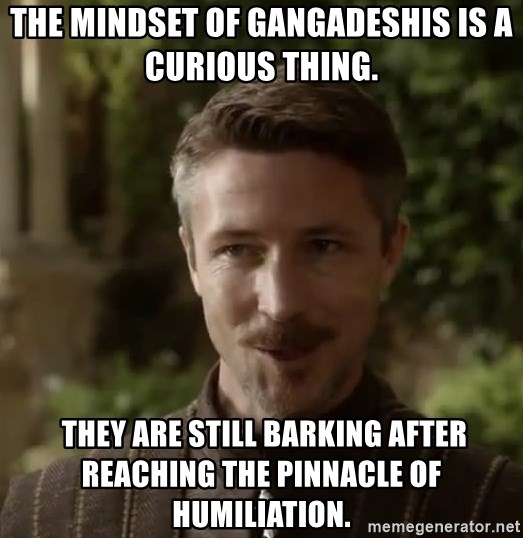Ever since inception of independent India and Pakistan, there has been hardly any love lost between the two countries.
The establishments of two countries don't share any sort of camaraderie and the armies of both nations too are an eye-sour for one another.
But exceptions exists and they exist even most hostile of atmospheres.
One such exception was Air Commodore (retd) Kaiser Tufail, who was the Director of Operations of the Pakistan Air Force (PAF) during the Kargil war.
"The jawans who had captured me were trying to manhandle me and maybe trying to kill me, because for them, I was just an enemy pilot who had fired on their locations from the air. And on-ground, I was firing at them. Fortunately, the officer who came was very mature. He realised the situation, that I am now a captive and now I need not be handled that way. So he was able to control them, which was a big effort, because they were very aggressive at that stage," told Group Captain K Nachiketa to NDTV who was a Flight Lieutenant then during the Kargil war and his MiG 27 had crashed in Azad Kashmir near Skardu in July 1999.
The Jawans of Pakistani Northern Light Infantary who had caught Nachiketa had no intentions to treat him well and his fate was going towards that of Captain Sourav Kalia, who was captured and subjected to gruesome torture before being shot dead.
But Tufail came out for his rescue and stopped his men from torturing the Indian Officer. Years later Nachiketa told media that Tufail took him to his room and discussed about his likes and dislikes.
Nachiketa also told media years after he returned to India that Tufail discussed about the heart problem of his father and about his sisters marriage as well. The Pakistani also arranged for vegetarian snacks for the Indians and while discussing about the flying strictly told him maintain the cordiality of the room.
"I was detailed to talk to Nachiketa and it was a most friendly talk between two gentlemen officers. We had tea and some snacks and we rambled about flying...my mandate was to strictly maintain the cordiality of a crew room and to find out the circumstances of his ejection and the mission he was flying," Tufail was quoted inThe Indian Express in 2009, ten years after the war.
Nachiketa, like a gentleman officer he was, shared peculiarities of their jobs in two countries with Tufail who was his senior in rank. Both officers were amazed that they have so much common between them.
"I was so amazed to find that there are so many issues in common. I asked him what he was doing before the mission and he said he had taken leave to help arrange his sister's wedding. It is the same thing that brothers are required to do here," Tufail had told IndianExpress.
After eight days of capture and taken as a prisoner of war, the backdoor efforts of Indian Government, made Nachiketa's return to India possible. But it would not have been possible, had Tufail not saved the young Indian pilot from the torture he was destined to get by the hands of Pakistani soldiers.











